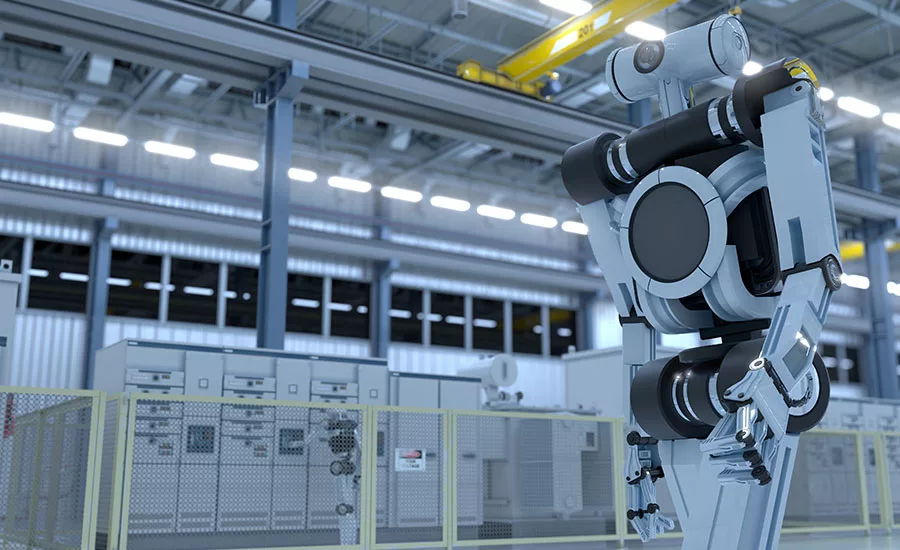Consumers Ready to Embrace AI and Robots for Healthcare

Will artificial intelligence (AI) and robotics in medicine replace the human clinician? Not yet, but healthcare is changing and the public is ready. According to a PwC study, a majority of consumers are willing to receive care from these advanced technologies, which have the potential to transform healthcare delivery to make it better, faster and more accessible for all.
The findings are in a PwC’s report—What doctor? Why AI and robotics will define New Health—which is based on a commissioned survey of more than 11,000 people from 12 countries across Europe, the Middle East and Africa. Across the region, more than half of respondents (55 percent) said they were willing to use advanced computer technology or robots with AI that can answer health questions, perform tests, make a diagnosis and recommend treatment.
Three main themes emerged:
- People are increasingly willing to engage with AI and robots if it means better access to healthcare.
- Speed and accuracy of diagnosis and treatment is a critical factor for this willingness.
- Trust in the technology is vital for wider use and adoption; the ‘human touch’ remains a key component of the healthcare experience.
The survey found that even in the operating theatre, respondents would be willing for a robot to perform a minor surgical procedure instead of a doctor, with close to half and up to 73 percent of all respondents willing. Respondents in Nigeria, Turkey and South Africa were the most willing to undergo minor surgery performed by robots (73 percent, 66 percent and 62 percent respectively), with the United Kingdom the least willing (36 percent).
The survey also explored the key drivers for a person’s willingness or unwillingness to use an AI-enabled or robotic health procedure or service. Easier and quicker access to healthcare services (36 percent) and speed and accuracy of diagnoses (33 percent) were the primary motivators for willingness, with lack of trust in robots being able to make decisions (47 percent) and lack of the human touch (41 percent) as the primary reasons for their reluctance. Although percentages varied across countries, these top two advantages and disadvantages were cited in this order across all countries with the exception of Saudi Arabia and Qatar, where respondents felt the lack of ‘human touch’ was the biggest disadvantage.
Steps for government, business and industry:
- Governments need to create quality standards and a regulatory framework which are applicable to and obligatory for the entire healthcare sector, as well as the appropriate incentives for adopting new approaches.
- The private sector developing AI and robotics need to create solutions to solve the big issues of demand and resource that every health system faces. In essence, by providing AI and robotic-driven solutions, the private sector has the opportunity to disrupt healthcare for the good.
Looking for a reprint of this article?
From high-res PDFs to custom plaques, order your copy today!




